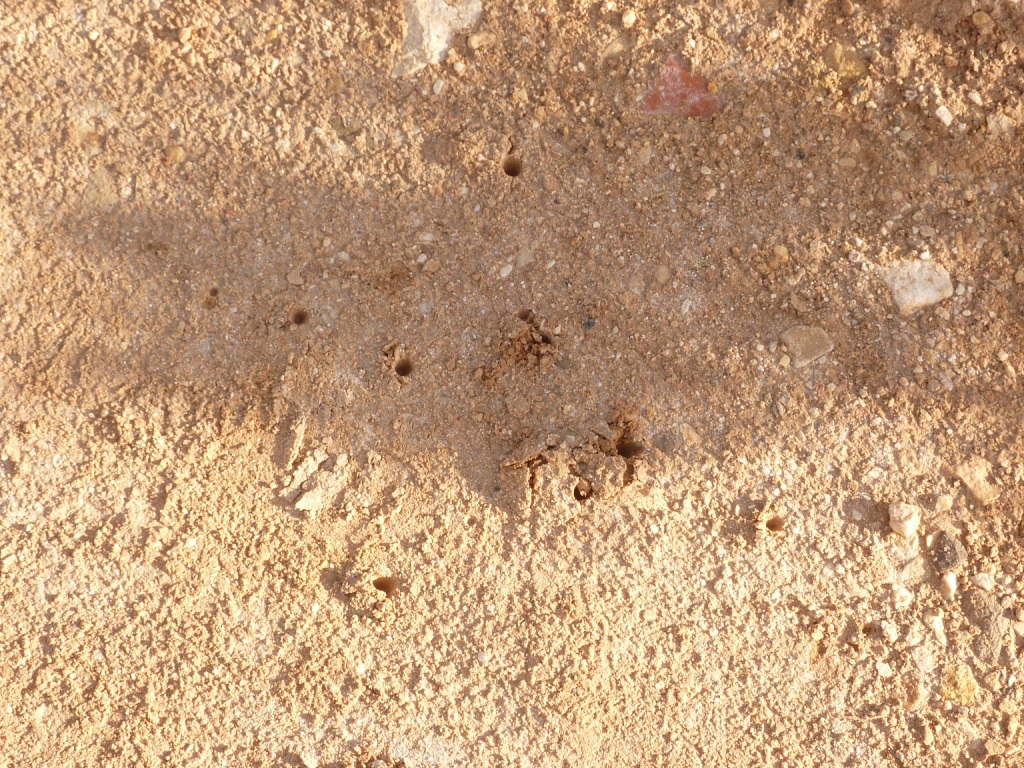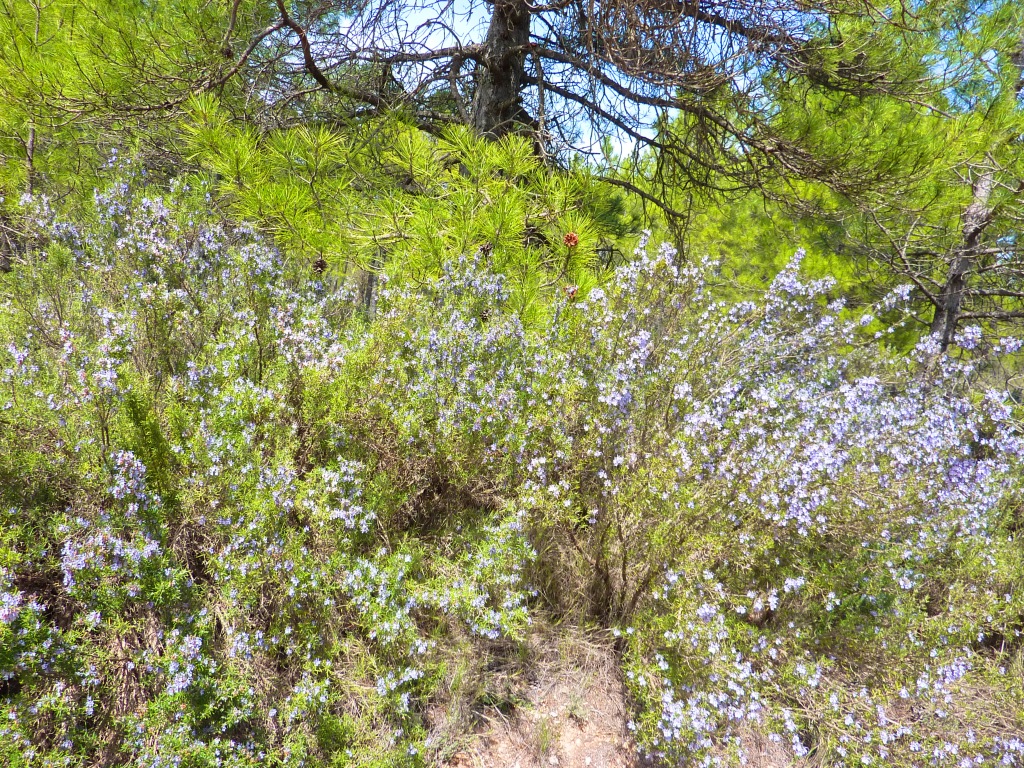A meeting in the Saline valley.
I sat down to tend an emerging blister. I had no strength in my muscles and doubted my capacity to walk for many more days. It was 8am and I was wilting.
I became aware of an approaching figure who was obviously a fellow pilgrim. A man of roughly my age, tall and hobbling a little, greeted me warmly. This Belgian man exchanged the usual basic information which pilgrims share, a process of ranking in seniority on the Camino which in reality counts for nothing but probably satisfies a primitive instinct for knowing our position vis-a-vis l’autre. This soon gave way to the nitty-gritty talk about our feet. Jacque’s boots were new and pinching and as a veteran on the Camino he knew well that new boots can cause problems but these were exactly the same size and make as those he had just discarded, so he had hoped they would be fine. My sandals were also new and just like my old ones. I had made the same mistake.
We were on different Caminos. Jacques was following the Camino del Sureste which shares the same route as the Ruta de la Lana up to Almansa. From the guest-books in the hostels I was to learn that the numbers who begin the Camino in Alicante, especially early in the year, are just a handful each month and most of these follow the Camino del Sureste. Indeed, I had chosen my route because it is usually empty.
We talked about being solitary walkers and I listened as Jacques told me about his son who had died in 2005. “Ah, yes,” I said, “and he is often with you as you walk.” I know this because it was one of my first experiences when I began walking in 2009. I felt the presence of a former acquaintance, a Jesuit, who was shot dead by guerrillas in Zimbabwe. It was not an apparition, just an awareness of presence which can, of course, be attributed to pure imagination. This explanation does not diminish the impact of the experience on my mood, my outlook, indeed on my level of awareness of being. Anyway, Jacques confirmed eagerly that his son is often with him. I thought fondly of the many other pilgrims who have told me the same, of Gerry Hughes who writes about his sister who drowned. He was aware of her in his walk to Jerusalem, a pilgrimage for peace. I remembered my meeting on the Via de La Plata with a mother who had lost a child and spoke eloquently of her consolation in knowing her daughter walked with her.
Jacques took his leave and left me to put a magic plastic coating on my foot. My energy level had changed and my doubts were absent, replaced by a sense of wonder at how two strangers can meet and, in five minutes, explore the limitations of our everyday experience in which our normal discourse is petrified. The mundane is usually so dominant that when we break out from it, loosening its sticky, clinging grasp we fly free to experience the unimaginable. While it is possible to claim that the imagination is a complete explanation for this common phenomenon, (an awareness of the dead), imagining those who have died as being present to us is quite different from experiencing an awareness of their presence. Philosophical issues matter to me when I am in a state of doubt. After my meeting with Jacques this changed. I felt engaged again with my Camino and its challenge to all that I take for granted as “normal”. Doubting becomes unimportant. Indeed it is the flowering of paradox which grows alongside the camino like rosemary which opens the self to being empty of certainty; like the little blue petals which part to offer their pollen to the air and the bees.
The paradox in this moment for me, as Jacques parted on his solitary Camino and I continued on mine, is how, in this solitude, I encountered a fullness of union, with Jacques with my fellow pilgrims, with humanity and nature, with the dead. The communion of saints.



